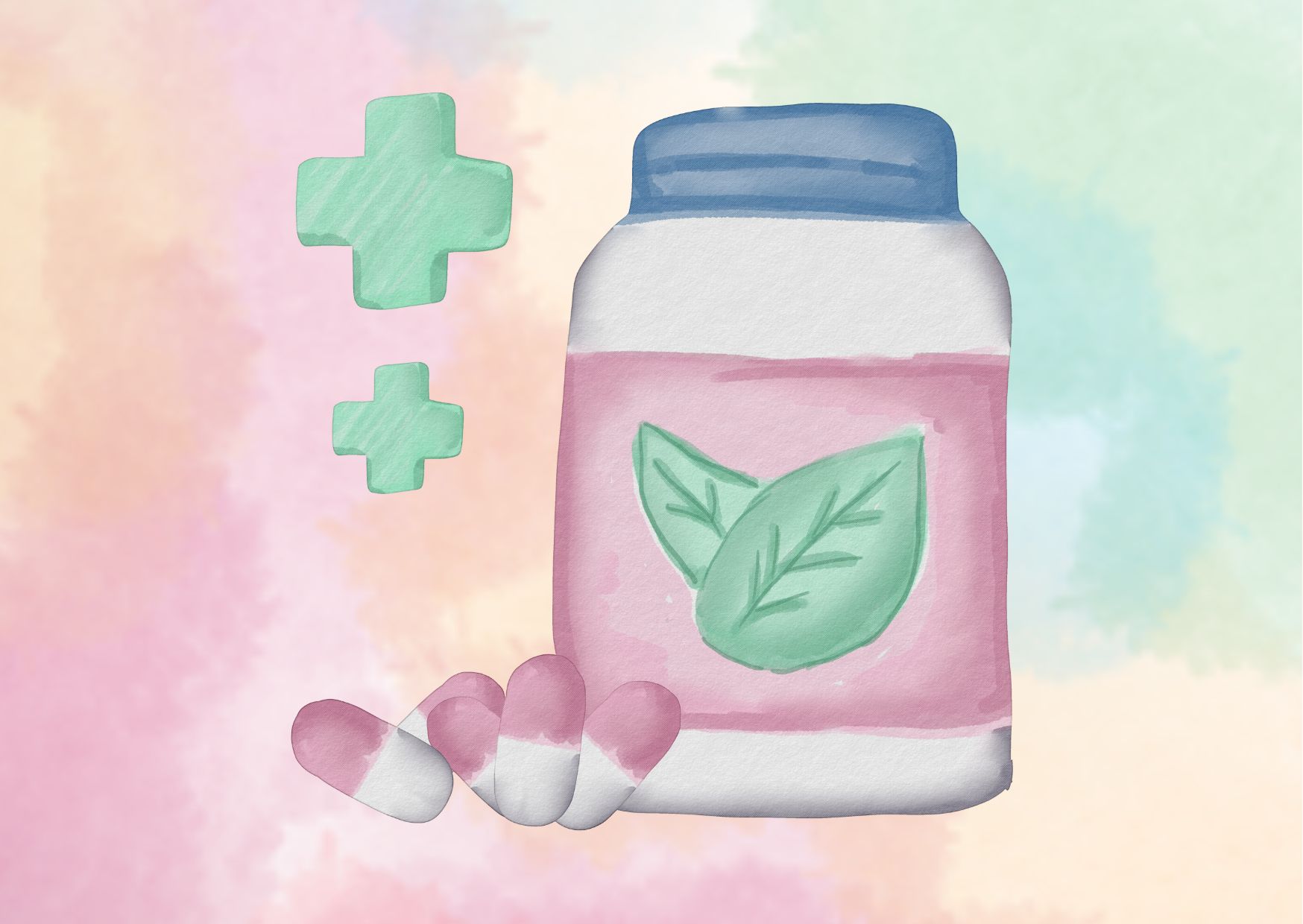Top 5 Benefits of Fadogia Agrestis
Fadogia agrestis has gained attention in the health and wellness community as a potential natural supplement for enhancing testosterone levels and overall well-being. This West African plant, traditionally used in folk medicine, has sparked interest among researchers and fitness enthusiasts alike due to its reported benefits. As more people seek natural alternatives to support their health goals, fadogia agrestis has emerged as a subject of curiosity and scientific inquiry.
This comprehensive guide aims to explore the various aspects of fadogia agrestis, including its potential benefits, proper dosage, and safety considerations. We’ll delve into the plant’s origins, examine the current scientific studies surrounding its use, and compare it to other popular supplements like tongkat ali. Additionally, we’ll address common questions about fadogia agrestis side effects, its impact on testosterone levels, and the available forms of supplementation. By the end of this article, readers will have a clearer understanding of fadogia agrestis and its possible role in supporting health and wellness.
What is Fadogia Agrestis?
Origin and Botanical Description
Fadogia agrestis is a flowering plant indigenous to West Africa, particularly Nigeria. This short bush plant belongs to the Rubiaceae family and can be found as far west as Ghana and as far east as Sudan. The plant has adapted to various environments, thriving in savannas and tropical rainforests alike.
Botanically, Fadogia agrestis is a shrub that can grow up to 6 meters in height. It has a thin stem adorned with small, elliptical leaves. The plant produces small, white flowers that develop into tiny, berry-like fruits. Its ability to flourish in diverse habitats showcases its resilience and adaptability to different ecological conditions.
Traditional Uses
In African traditional medicine, Fadogia agrestis has a long history of use for various purposes. The plant, particularly its stem, has been employed to address a range of health concerns. Some of the traditional applications include:
- Febrifuge: It has been used to reduce fever.
- Aphrodisiac: The plant has a reputation for enhancing sexual function.
- Erectile Dysfunction Treatment: It has been utilized to address issues related to male sexual performance.
- Kidney Pain Alleviation: Traditional healers have used it to relieve kidney-related discomfort.
- Diuretic Effect: It has been employed to increase urine production.
- Malaria Treatment: Some communities have used it as a remedy for malaria.
These traditional uses have sparked interest in the scientific community, leading to research on the potential benefits of Fadogia agrestis.
Active Compounds
The medicinal properties of Fadogia agrestis are attributed to its rich composition of bioactive compounds. The plant contains a variety of chemical constituents that contribute to its potential health benefits. Some of the key active compounds include:
- Alkaloids: Notably, fadoginines A and B have been isolated from the plant and have been the subject of several studies.
- Saponins: These compounds may play a role in influencing cholesterol levels and immune function.
- Flavonoids: Known for their antioxidant properties, flavonoids may help neutralize free radicals in the body.
- Tannins: These compounds are often associated with various biological activities.
Additionally, researchers have isolated and characterized several unique compounds from the dried roots of Fadogia agrestis, including:
- Four ursane-type triterpenoid glycosides
- Two benzophenone glycosides
- One iridoid glucoside
Three of these compounds were previously unknown, highlighting the potential for further discoveries in the plant’s chemical profile.
The roots of Fadogia agrestis contain the highest concentration of these bioactive compounds, making them the primary source for supplement production. Fadogia agrestis supplements are available in various forms, including capsules, powders, and tinctures, catering to different consumer preferences.
Potential Benefits of Fadogia Agrestis
Testosterone Boosting Effects
Fadogia agrestis has gained attention for its potential to enhance testosterone levels in men. This West African plant is believed to have an influence on the body’s hormonal balance by mimicking luteinizing hormones. These hormones signal the body to produce more testosterone, potentially leading to increased overall testosterone levels.

